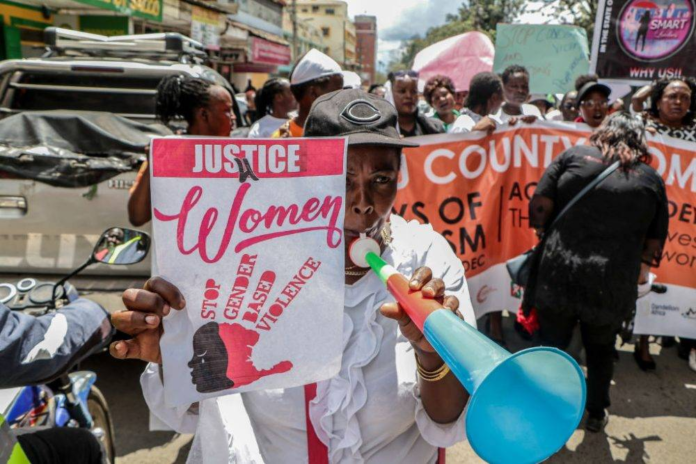The United Nations Women Kenya has called on Kenyan men to reject toxic masculinity and embrace positive masculinity as a means to reduce gender-based violence (GBV).
In a statement, UN Women acknowledged Kenya’s progress in legislation to tackle GBV but noted that more needed to be done, especially in changing deeply rooted cultural attitudes among men.
“Despite legislative efforts, deeply rooted patriarchal norms and unequal power structures continue to perpetuate violence, discrimination, and systemic gender inequalities,” the statement read in part.
“GBV continues to manifest in many forms, including domestic violence, sexual harassment, and economic disempowerment, limiting the full participation of women and girls in society,” it added.
The agency cited common patriarchal beliefs that promote male dominance and female submission as key drivers of violence. Other harmful norms include expectations that women remain financially dependent on men, support for early marriages, female genital mutilation (FGM), and in extreme cases, the acceptance of wife-beating under the guise of discipline.
UN Women urged men and boys across the country to challenge these norms and instead adopt values of empathy, accountability, respect, and partnership.
“Positive masculinity is a powerful tool in our collective journey towards gender justice,” said Ms Antonia N’gabala Sodonon, UN Women’s Representative in Kenya. “It encourages men to become allies to foster healthier relationships.”
UN Women, in collaboration with the State Department for Gender and Affirmative Action, youth advocates, and gender experts, has developed the first draft of the National Male Engagement and Inclusion Strategy.
The strategy is expected to guide Kenya’s response to GBV and promote the ratification of the African Union (AU) Convention on Ending Violence against Women and Girls (EVAWG).
This comes as Kenya faces a surge in femicide and GBV cases, prompting renewed calls for cultural and policy reforms to protect women and girls.





![SHA Suspends Dozens of Health Facilities Over Alleged Fraud [LIST]](https://citymirror.ke/wp-content/uploads/2024/12/image-14-218x150.png)

